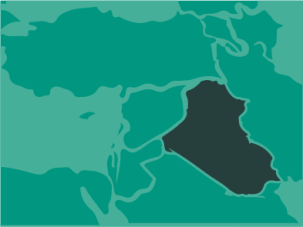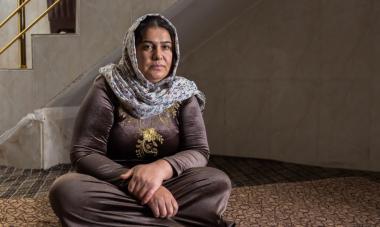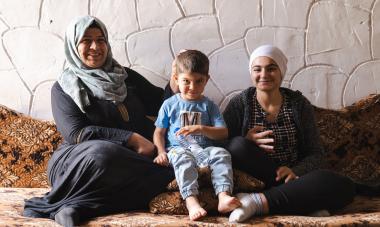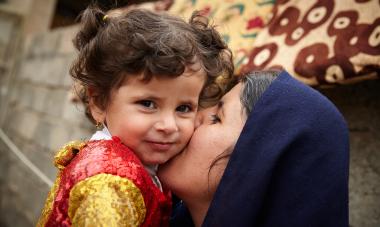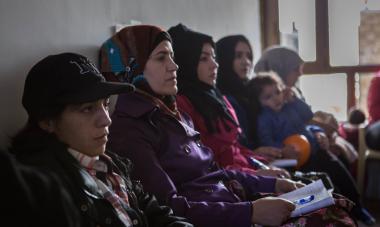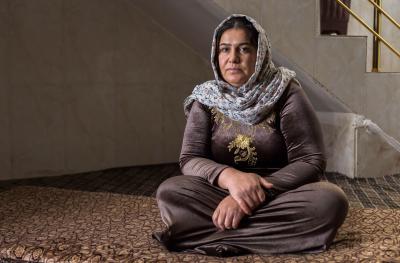
Political tension and violence, a weakened economy and mass displacement continues to destabilize Iraq following the war in 2003, and the rise of the Islamic State of Iraq and Syria (ISIS) in the years following. During the enforced control of ISIS in these countries, women were abducted and subjected to physical and sexual violence as the terrorist organization targeted ethnic and religious minority groups for persecution and genocide.
Following the destabilization of ISIS’ control in Iraq and Syria, Iraq faces a displacement crisis. Iraqi civilians displaced by ISIS and refugees escaping the war in Syria contribute to the country’s number of men, women and children forced to leave their homes.
- After the breakdown of ISIS’ control over Iraq and Syria, women account for the majority of 1.2 million displaced persons struggling to rebuild their lives in the aftermath.
- In rebuilding their lives, women face discrimination and patriarchal norms, limiting their social and economic opportunities as they are expected to assume traditional roles.
- For women refugees and the internally displaced, life in host communities and refugee camps hinders their opportunity to receive and education or participate in income-generating activities.
“Iraqis have had enough of chaos and conflict. It’s time to reconstruct this country, to bring peace and the right conditions for women and marginalized groups to rebuild their lives.”
-Aram Shakerm, CO Director of Iraq
Our Work
Our local staff use their knowledge of the impact of conflict on Iraq to address the needs of the women affected by them. Through their social and economic empowerment training, Iraqi women are finding their power and rebuilding their lives.
We also believe the inclusion of male family members and peers is crucial to break gender norms and achieve gender equality. For this reason, local staff lead our Men’s Engagement Program in Iraq. Through topics on the specific barriers women face in and beyond the household, men are guided through how they can support women’s equality in economic and social contexts.
Last year, we expanded our programs to Nineveh Plains after the region’s liberation from ISIS forces, which created a space for 700 women from ethnic and religious minority groups to convene for the first time since ISIS’ rise to power.
The Impact
-
26,839 women have been reached since the establishment of our programs in Iraq.
-
2,778 women graduated from SWSN Program in 2023.
-
Women averaged a score of 96% on a test measuring their knowledge of violence against women and human rights in a national context, compared to 55% at enrollment.
-
Women averaged a score of 63% on a test measuring their knowledge of health and well-being, compared to 49% at enrollment.
-
In 2023, WfWI reached 200 men through our Men’s Engagement Program in Iraq. Since its inception, the program has reached 2,946 men.
